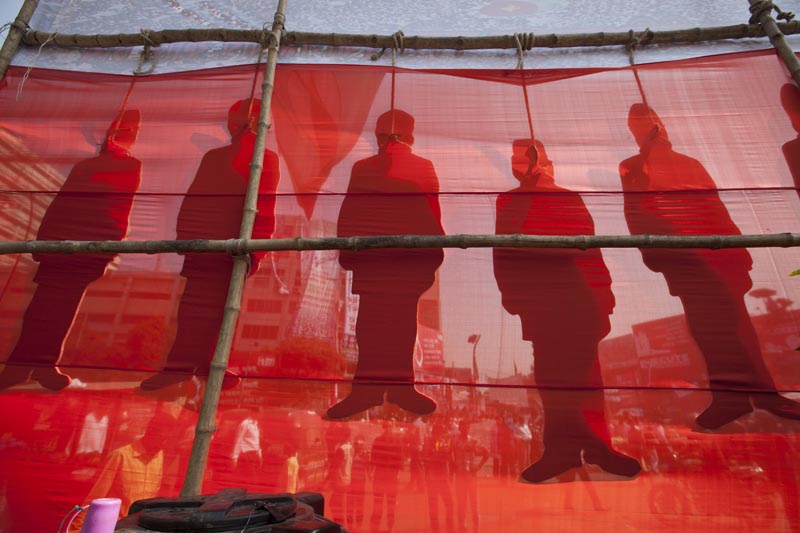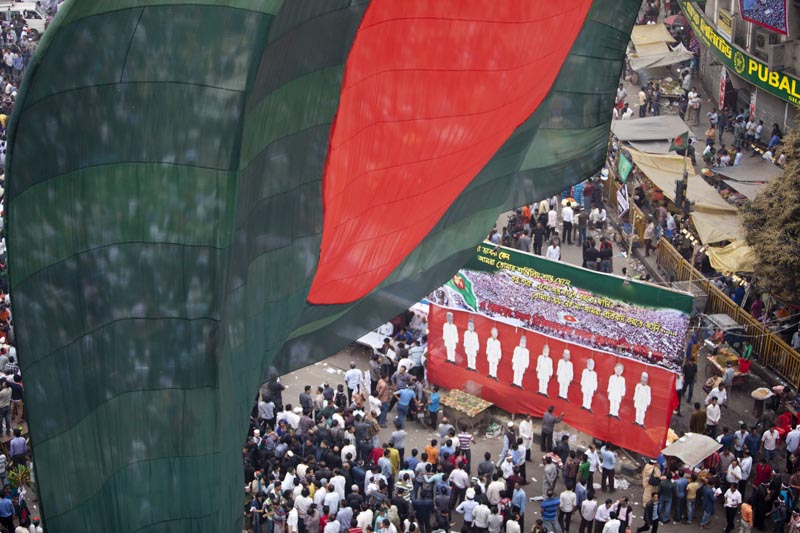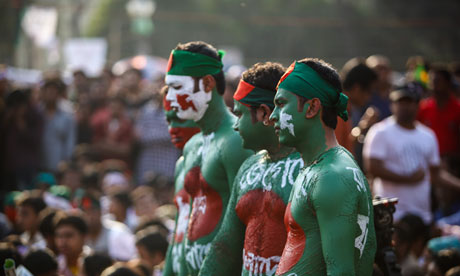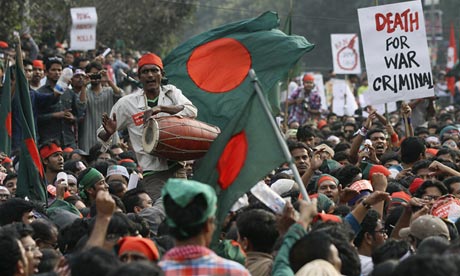The country’s independence war created divisions that persist to this day, in politics, religion and the media.
In 1971, Bangladesh declared independence from Pakistan and fought a bloody war to establish itself as a fledgling nation. More than four decades on, a country born out of troubles and bloodshed is experiencing growing pains. A war crimes tribunal that was meant to bring closure has instead brought old wounds back to haunt a new generation. At the heart of the story is the country?s main opposition party, the Jamaat-e-Islami. Continue reading “Bangladesh: The ghosts of 1971”








